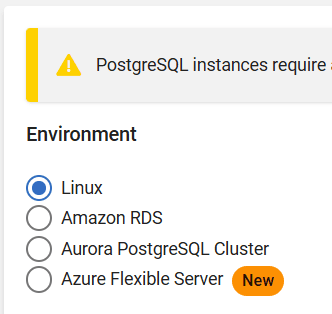Redgate's new PostgreSQL book is now available for free download
Redgate's new book, 'Introduction to PostgreSQL for the data professional', is now available for free download. Hear from authors Ryan Booz & Grant Fritchey about their inspiration for the book and the challenges they faced along the way. While the documentation around PostgreSQL is detailed and technically rich, finding a simple, clear path to learning what it is, what it does, and how to use it can be challenging.






